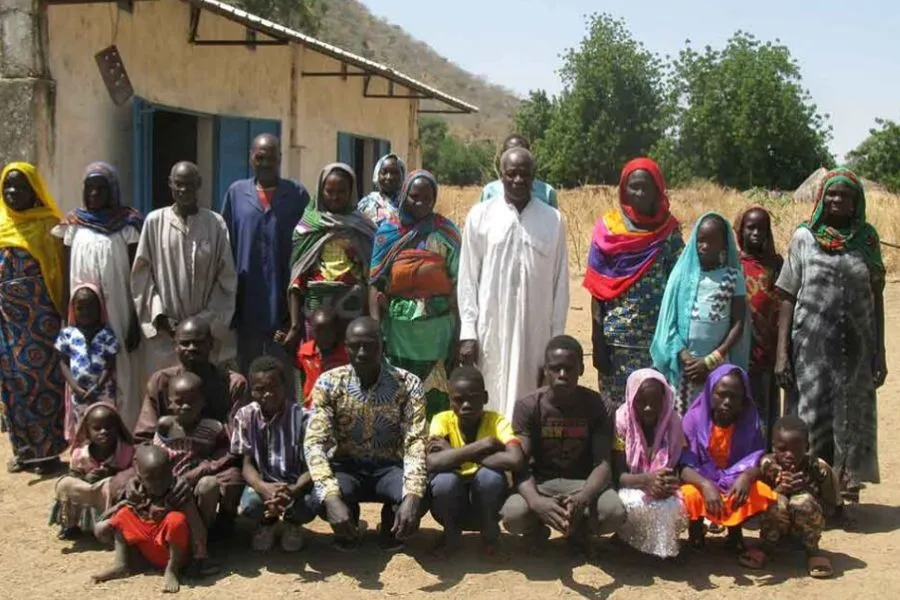
Though Chad is significantly Christian, most inhabitants of the Eastern part of the country, which is served by the Apostolic Vicariate of Mongo, are Muslims.
Of the 1.7 million people that live in this vastly desert territory, only about 15,000 are Christians, the Bishop of Mongo has said about the figure that translates to less than 1 percent.
The small community is however vibrant, Bishop Philippe Abbo Chen has told the Catholic Pontifical and charity foundation, Aid to the Church in Need International, adding that local vocations are springing up in Mongo.
He spoke to ACN as the Vicariate prepared the ordination of two new Priests, and shared the joy of having new vocations in “such a difficult environment”.
“We have a vibrant Church!” Bishop Abbo is quoted as saying in the Tuesday, September 19 ACN report, adding, “We have hundreds of baptisms every year. Our community is only a small minority, in an immense territory, but it has a unique evangelizing mission.”
In Mongo, Church leaders are held in high esteem, the Catholic Bishop says, adding that he is sometimes called to intervene in Muslim-Muslim conflicts.
Most of these fights are over resources and they involve herds from the north, which roam freely over the cultivated lands in the south.
“In late August I was called to go to the site of one of these conflicts, in Mangalmé, 100 km from Mongo. A man had tried to get two oxen off his field, and it escalated into a major fight, with knives,” Bishop Abbo says, adding that 10 people were killed in the fight.
“Both the attackers and the victims were Muslims, but there is great respect for religious leaders in our region,” the Chadian-born Bishop member of Our Lady of Life (INDV) further says.
He continues, “I was asked to go there as a man of God. I was able to meet with the victims; as always, the attackers had vanished into the desert.”
The first native head of the Apostolic Vicariate of Mongo blames the rise in conflicts in the territory served by the Vicariate on increasing desert, and the consequential diminishing of pastoral lands.
The population of Chad is also increasing, he says, adding that this growth leads to struggles over resources, made worse by the proliferation of firearms in the region. “The simplest of arguments can escalate very quickly when AK47s are involved!” he says.
On faith-based discrimination in the country, the Catholic Bishop says, “Sometimes our parishioners tell us that they are afraid to show their faith in certain environments. Generally, though, we are perfectly free to live out our faith. We can ring our church bells and hold processions in the streets.”
He says that the Vicariate has in the recent past been having problems with young Imams who return from training in Sudan and subscribe to “a narrower view of Islam.”
The younger Imams, he says, “refuse fraternal relations with members of other religions.”
Additionally, conversions in Mongo are often badly received by the families, Bishop Abbo says, and explains, “One of my brothers converted to Islam, and I have a good relationship with him, but it’s not always that easy.”
The Catholic Church leader notes that Christians in Mongo are more accommodating when one of their family members converts to Islam.
Conversions do not go down well when it is a Muslim who converts to Christianity, he says, and adds, “This year we had three cases of violence in families of converts who, therefore, ended up not being baptized.”
